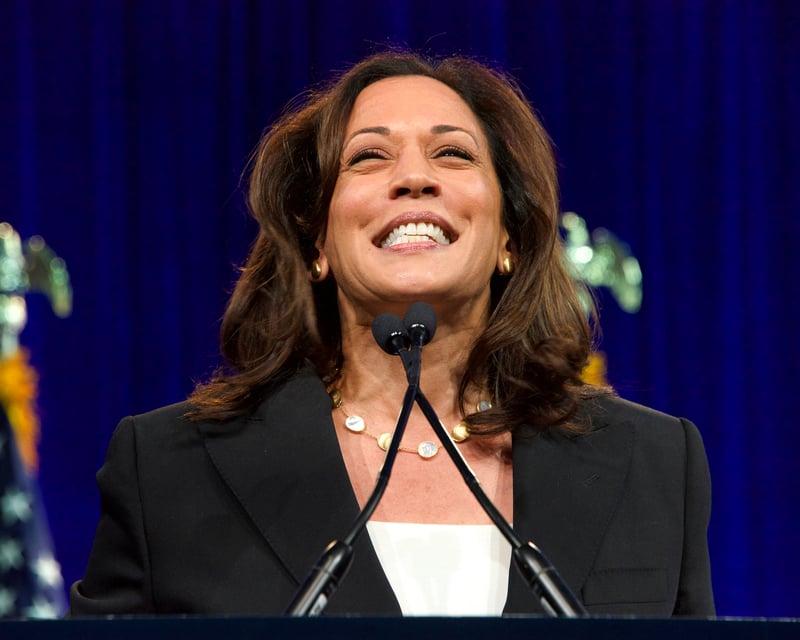
As Kamala Harris steps into the spotlight as the Democratic presidential nominee, many Americans might feel optimistic about her leadership. However, despite the positive emotions she may inspire, there are critical reasons why this optimism might not translate into a secure future, particularly when it comes to key issues like the economy, inflation, and border security.
The Economy
Kamala Harris has aligned herself closely with the economic policies of the Biden administration, often dubbed “Bidenomics.” While she acknowledges the economic challenges facing Americans, her solutions largely mirror those of the current administration, including increased government spending on social programs and infrastructure.
Critics argue that these policies have not effectively addressed the underlying issues, such as stagnant wage growth and rising national debt, and could lead to slower economic growth in the long run. Simply feeling good about Harris won’t protect you from the potential economic downturns that could arise from continuing these policies.
Rising Fuel and Energy Prices
Harris has been a vocal advocate for green energy initiatives, supporting significant investments in renewable energy sources. While these initiatives are crucial for combating climate change, they often come with short-term trade-offs, such as higher energy prices.
The push to reduce reliance on fossil fuels without a fully viable alternative in place could lead to increased energy costs for consumers. As energy prices rise, so too will the cost of living, making it harder for average Americans to get by.
Inflation
Inflation has been a persistent issue, and while it has shown signs of easing, Harris’s policy proposals could reignite inflationary pressures.
Her economic agenda includes raising the corporate tax rate and expanding social programs, both of which could lead to increased costs for businesses. These costs are often passed on to consumers, potentially driving up prices across the board. The feel-good factor of Harris’s leadership won’t cushion the blow of rising costs for everyday goods and services.
Border Security and Crime
Harris has faced criticism for her handling of border security, particularly during her time as Vice President. While she has promised to take a tougher stance, her past performance has raised doubts about her ability to effectively manage the border crisis.
Additionally, rising crime rates in some areas have been linked to her support for criminal justice reforms that, while well-intentioned, may have inadvertently weakened law enforcement capabilities. These issues pose serious challenges to public safety, and merely feeling confident in Harris’s leadership won’t necessarily translate into safer communities.
Higher Taxes and Social Experiments
Harris has a history of supporting tax increases, particularly on corporations and high-income individuals. While these policies are aimed at addressing income inequality, they also risk stifling economic growth and investment. Moreover, Harris has championed various social policies that critics argue are out of touch with mainstream American values, such as aggressive climate policies and extensive government intervention in private markets. These “social experiments” could lead to unintended consequences, making life more difficult for ordinary citizens. Feeling good about Harris’s intentions won’t protect you from the potential fallout of these high-risk policies.
While Kamala Harris may inspire confidence and hope in many voters, it’s important to examine her policies and consider their long-term impacts critically. Optimism alone won’t shield you from the economic and social challenges that lie ahead.

